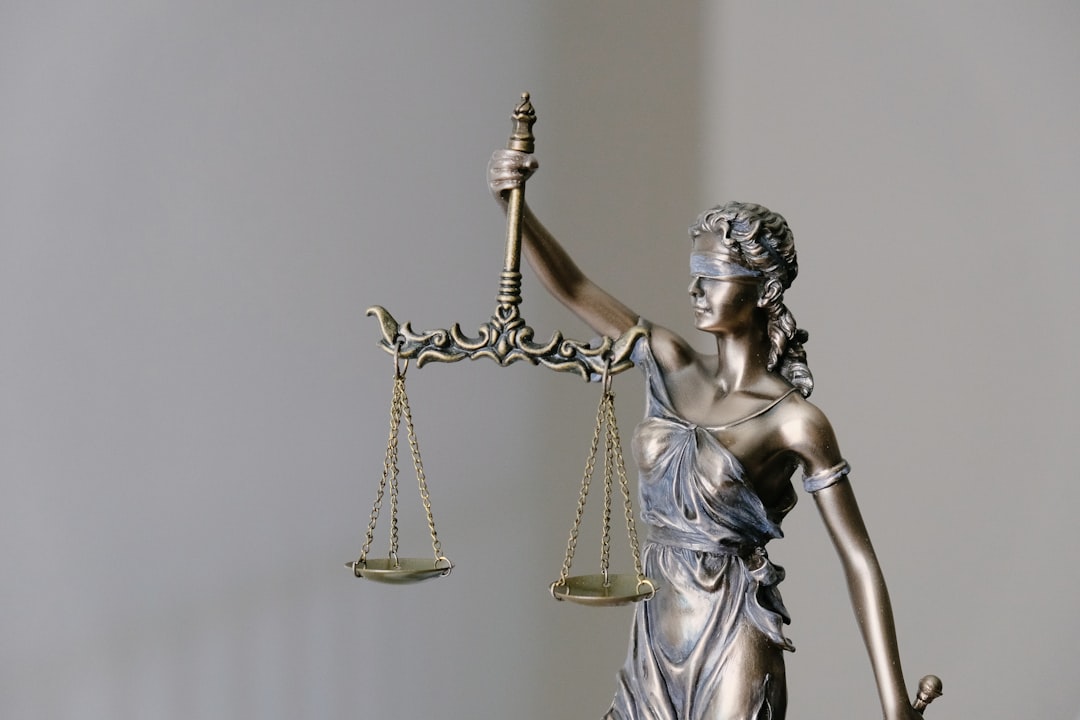Forensic interviews in Chicago, facilitated by the CPD and specialized child abuse attorneys, are crucial for gathering reliable information from vulnerable young victims while minimizing trauma. The CPD trains officers in empathetic, age-appropriate interview techniques to create safe environments. Strict adherence to confidentiality, privacy, and best practices supports ongoing support services for children and families. Child abuse attorneys in Chicago IL advocate for victims' rights, navigate legal systems, and prioritize their unique needs throughout proceedings, striving for justice while holding perpetrators accountable.
In Chicago, IL, the forensic interview process plays a pivotal role in addressing child abuse cases. This intricate procedure demands exceptional sensitivity and expertise to extract reliable information from young victims. The Chicago Police Department (CPD) employs specialized protocols to ensure these interviews are conducted effectively. With a focus on victim support, this article explores CPD’s approach and highlights the crucial role of a skilled child abuse attorney in navigating legal complexities for victims seeking justice.
Understanding the Sensitivity of Forensic Interviews in Chicago

In Chicago, forensic interviews play a pivotal role in child abuse investigations, requiring immense sensitivity and expertise. These interviews are crucial interactions between law enforcement, child protection services, and often, child abuse attorneys in Chicago IL. The process aims to gather detailed and reliable information from young victims while minimizing potential trauma. Understanding the delicate nature of these interviews is essential for all involved parties.
The sensitivity required stems from the vulnerability of child abuse victims, who may have experienced disturbing events. Chicago Police Department’s (CPD) forensic interviewers undergo specialized training to create a safe, non-threatening environment, encouraging children to share their experiences. This approach ensures that the interviews are conducted ethically and legally soundly, protecting both the victim’s well-being and the integrity of the case.
The Chicago Police Department's Approach and Protocols

The Chicago Police Department (CPD) takes child abuse cases seriously and employs a structured approach to forensic interviews, ensuring sensitive handling of young victims. Their protocol emphasizes the importance of creating a safe and supportive environment for children to share their experiences. This process involves dedicated training for officers, who learn to conduct interviews with empathy and age-appropriate language. The CPD’s strategy aims to minimize trauma and encourage accurate disclosure from child abuse victims.
In line with best practices, the department follows strict guidelines, including ensuring confidentiality and privacy. They also provide ongoing support services for both the children and their families, often collaborating with local child abuse attorneys in Chicago, IL, to ensure justice and the best interests of the child are upheld throughout the legal process.
Supporting Child Abuse Victims Through Effective Legal Representation in Chicago, IL

In Chicago, IL, effective legal representation is pivotal in supporting child abuse victims and ensuring their voices are heard. Child abuse attorneys play a crucial role in navigating the complex legal system on behalf of these vulnerable individuals. They possess specialized knowledge to handle sensitive cases, providing essential guidance and advocacy. By employing strategic approaches, these attorneys aim to minimize trauma and maximize justice for child abuse survivors.
The presence of a skilled child abuse attorney can make a profound difference in the outcome of legal proceedings. They understand the unique needs of young victims and work diligently to protect their rights. Through meticulous case preparation and strong courtroom representation, they strive to secure fair outcomes, ensuring that perpetrators are held accountable while prioritizing the best interests of the children involved.






